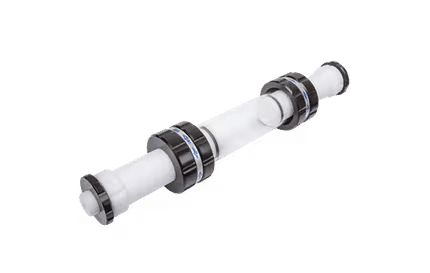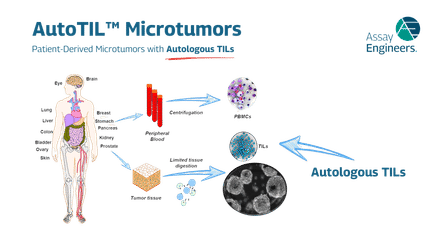To use all functions of this page, please activate cookies in your browser.
my.bionity.com
With an accout for my.bionity.com you can always see everything at a glance – and you can configure your own website and individual newsletter.
- My watch list
- My saved searches
- My saved topics
- My newsletter
Ian FrazerIan Hector Frazer (born January 6, 1953) is an Australian immunologist, best known for his work on the development of a cervical cancer vaccine, which works by protecting women from Human papillomavirus (HPV). Frazer was born in Glasgow, Scotland. Frazer initially enrolled to study physics at Edinburgh University, but the emerging job prospects at that time did not appeal to him and so he switched to training as a physician, specialising in immunology. He emigrated to Melbourne in 1980 to research viral immunology at the Walter and Eliza Hall Institute of Medical Research, and moved to Queensland in 1985 where he currently heads the University of Queensland's Diamantina Institute for Cancer, Immunology and Metabolic Medicine at the Princess Alexandra Hospital. Product highlightIn 2005 Frazer and his research groups undertook clinical study of a vaccine against human papillomavirus, which was 100% effective in preventing common cervical cancers caused by the virus. The drug is named Gardasil and has been approved by the US Food and Drug Administration and has been approved for use in the European Union. Ian Frazer personally administered the first publicly available injection of the vaccine in Australia in August 2006.[1] He is also involved in a large clinical trial taking place in Australia and China of a therapeutic vaccine against genital warts.[2] In January 2006 he was named Australian of the Year.[3] Also in that year, he received the Cancer Research Institute's William B. Coley Award for Distinguished Research in Basic and Tumor Immunology along with Harald zur Hausen. He was awarded the Florey Medal for biomedical research in March 2007.
References |
|||
| This article is licensed under the GNU Free Documentation License. It uses material from the Wikipedia article "Ian_Frazer". A list of authors is available in Wikipedia. |







